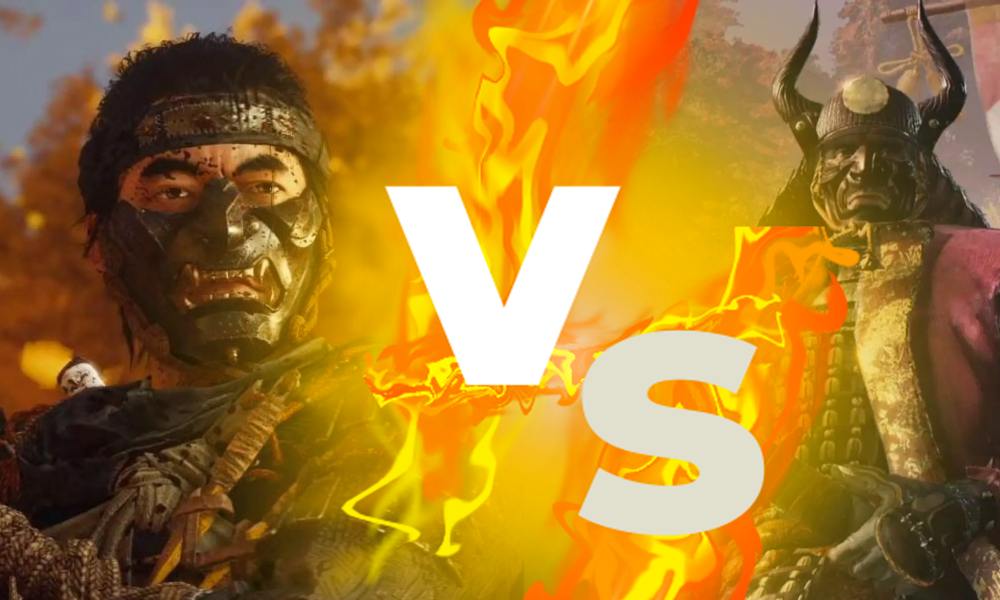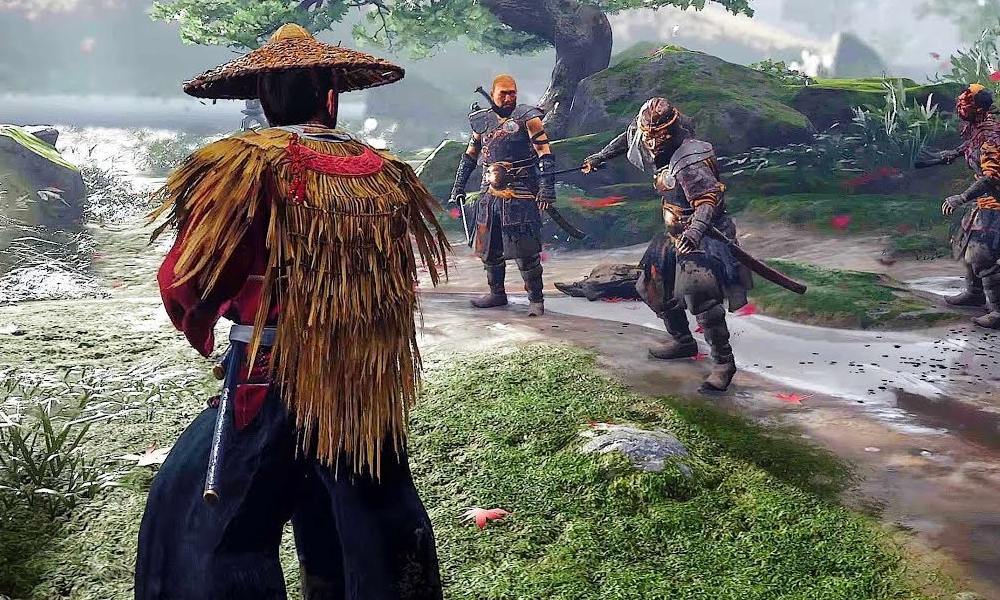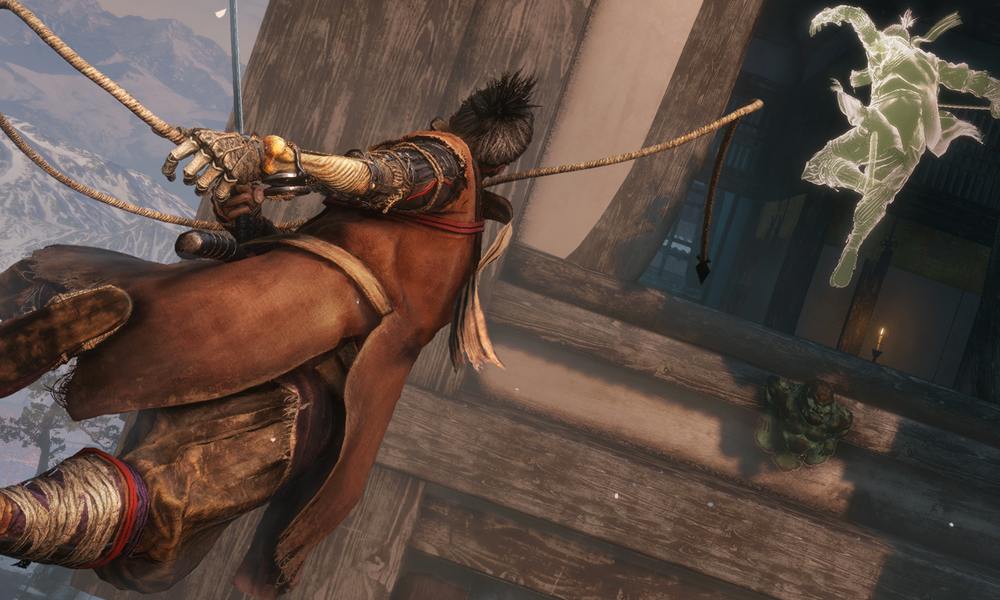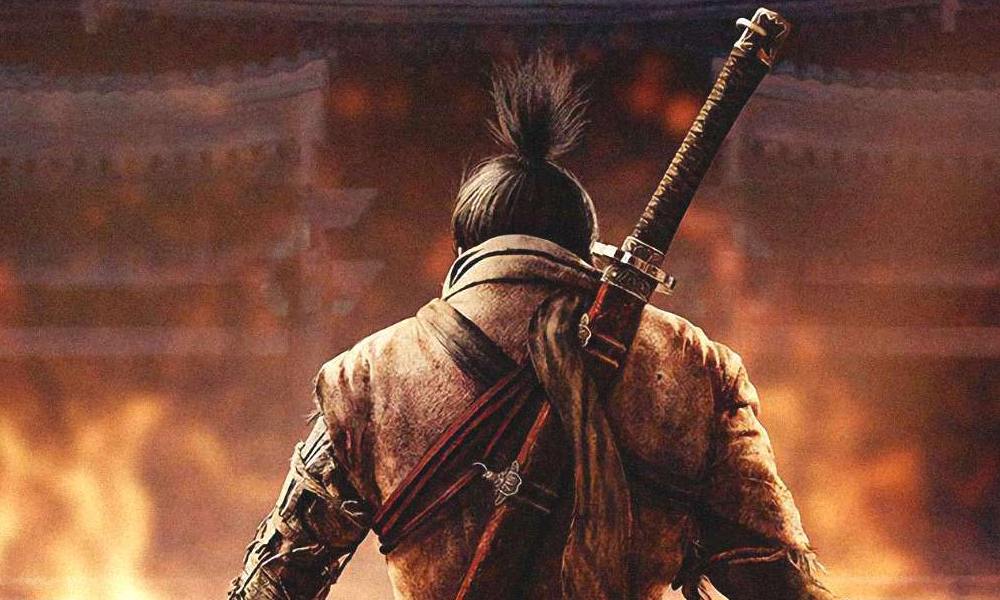Physical Address
304 North Cardinal St.
Dorchester Center, MA 02124
Physical Address
304 North Cardinal St.
Dorchester Center, MA 02124

Ghost of Tsushima and Sekiro: Shadows Die Twice are two of the most popular action-adventure games in recent years, each offering a unique take on the samurai genre. While Ghost of Tsushima is widely acclaimed for its fun and relaxing gameplay, polished graphics, and immersive story, Sekiro is considered a more challenging experience, pushing the limits of sword fighting mechanics to the extreme. For those looking for a more casual, open-world game with a compelling narrative, Ghost of Tsushima is the better fit. On the other hand, those seeking a more intense and skill-based game will find Sekiro more to their liking. In this article, we will delve into the intricacies of both games and determine which one is the ultimate choice for fans of the samurai genre.

Ghost of Tsushima is an action-adventure game developed by Sucker Punch Productions and published by Sony Interactive Entertainment. Set in Feudal Japan, the game follows the journey of Jin Sakai, a samurai warrior, who must defend his homeland from the invading Mongol Empire. Players have the freedom to explore the vast open-world of Tsushima Island, complete quests, and engage in epic battles using a variety of weapons and techniques.
The game’s graphics and attention to detail are truly impressive, immersing players in the rich cultural and historical setting of Feudal Japan. The combat mechanics are smooth and satisfying, allowing players to engage in fast-paced battles and make use of different fighting styles and techniques to defeat their enemies. The storyline is engaging, with well-developed characters and memorable moments that keep players invested in Jin’s journey. Ghost of Tsushima is a must-play for anyone looking for an action-packed adventure through a beautiful and richly detailed world.

Sekiro: Shadows Die Twice is an action-adventure game developed by FromSoftware and published by Activision. Set in Feudal Japan, players take on the role of a one-armed wolf, a warrior serving as a bodyguard to a young lord. When the young lord is kidnapped, the wolf sets out on a journey to rescue him, facing off against deadly foes and navigating through a dark and dangerous world.
What sets Sekiro apart from other action-adventure games is its intense difficulty level and emphasis on skill-based combat. Players must master precise timing and reflexes to survive against formidable opponents, and every battle is a test of the player’s abilities. The game’s environments are beautifully designed and full of hidden secrets, and the haunting soundtrack adds to the game’s atmosphere of danger and mystery. Overall, Sekiro: Shadows Die Twice is a challenging and rewarding experience for those looking for a thrilling journey through Feudal Japan.
Ghost of Tsushima and Sekiro: Shadows Die Twice are two of the most popular games in the samurai genre, but they offer very different experiences to players. Ghost of Tsushima is a more relaxed and open-world game, allowing players to explore the vast island of Tsushima at their own pace and engage in battles that are challenging but not overly difficult. On the other hand, Sekiro is a more intense and skill-based game, putting players’ reflexes and combat abilities to the test in every encounter.
Another key difference between the two games is the way they approach story and character development. Ghost of Tsushima has a more traditional narrative, with a well-developed protagonist and a compelling storyline that immerses players in the world of Feudal Japan. Meanwhile, Sekiro takes a more minimalist approach, with a more cryptic and atmospheric storyline that leaves players to uncover the secrets of the world on their own. Both games have their strengths and weaknesses, and the ultimate choice will depend on the player’s preferences and what they are looking for in a samurai game.

Despite the many differences between Ghost of Tsushima and Sekiro: Shadows Die Twice, there are also a number of similarities between the two games that make them both appealing to fans of the samurai genre. Firstly, both games are set in Feudal Japan and draw heavily on the rich cultural and historical background of this period in Japanese history. This allows players to immerse themselves in a richly detailed and authentic world that brings the era to life in a way that few other games have been able to do.
Another commonality between the two games is their emphasis on fast-paced and satisfying combat. Both games offer players the chance to engage in epic battles using a variety of weapons and techniques, and both place a premium on precise timing and reflexes. Whether players are fighting off Mongol invaders in Ghost of Tsushima or facing off against formidable foes in Sekiro, they can expect a thrilling and intense combat experience in both games. Ultimately, whether players prefer the open-world exploration of Ghost of Tsushima or the more intense and skill-based battles of Sekiro, both games offer a thrilling and immersive journey through Feudal Japan.